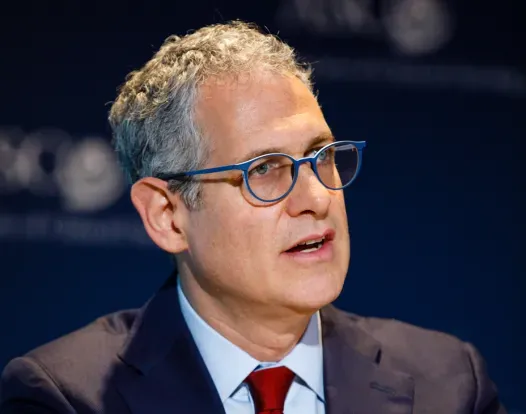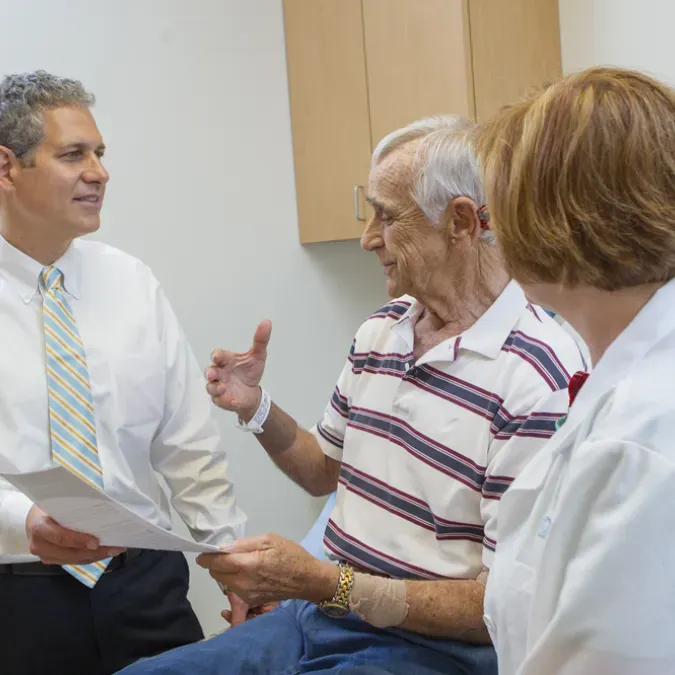These researchers dedicate their careers to finding new treatments and cures for people with cancer.


The First Step in Treating Chemo Side Effects Is Knowing They Exist
Cancer treatment causes unpleasant side effects. Anticipating this, patients sometimes assume suffering, no matter how severe, is normal. What they don’t realize is symptoms like nausea, vomiting, and pain can be managed – and occasionally even eliminated – with their doctor’s help.
Of course, their doctor must first be aware of any issues in order to take action.
“Unfortunately, we as clinicians miss up to half of our patients’ symptoms,” says Dr. Basch, director of the Cancer Outcomes Research Program at the University of North Carolina Lineberger Comprehensive Cancer Center.
Building a Tool to Self-Report Cancer Care Side-Effects
Dr. Basch found that patients may not always remember all of their symptoms and may even be reluctant to discuss their symptoms.
In a study supported by Conquer Cancer funding, Dr. Basch and his team asked patients to self-report their own symptoms electronically using an online tool. The tool then sent the information to the patients’ doctors, who could adjust treatment plans accordingly.
Building on this work, Dr. Basch recently completed a trial comparing the experience of patients who self-reported their symptoms using the online tool with those who received standard care. The results were noteworthy – so noteworthy, in fact, that Dr. Basch was selected to present the findings during the Plenary Session of the 2017 ASCO Annual Meeting.
Self-reporting helps patients live 5 months longer
“Thirty-one percent of patients who self-reported had better quality of life, likely because their symptoms were being better controlled,” Dr. Basch says. “The most striking discovery, though, was that on average, patients in the self-reporting group had a median overall survival benefit of five months compared to the other group.”
In other words, Dr. Basch’s tool helped patients live five months longer than those who did not use the tool.
“I remember one patient with metastatic breast cancer who was called by a nurse because she reported worsening pain through our tool,” Dr. Basch recalls. “She was surprised to get the call because she didn’t realize her pain was abnormal.”
“The nurse changed her prescription for a narcotic, and when the patient came in next she was incredibly grateful,” reflects Dr. Basch. “Grateful that her pain was being controlled, and that somebody was listening when she was at home.”
“Conquering cancer means looking at the whole patient … improving the patient experience, the way they live their lives every day, the experience for their caregivers, and the people in their community,” Dr. Basch says. “Thanks to funding from Conquer Cancer, we are attempting to improve all aspects of the patient’s experience.”

